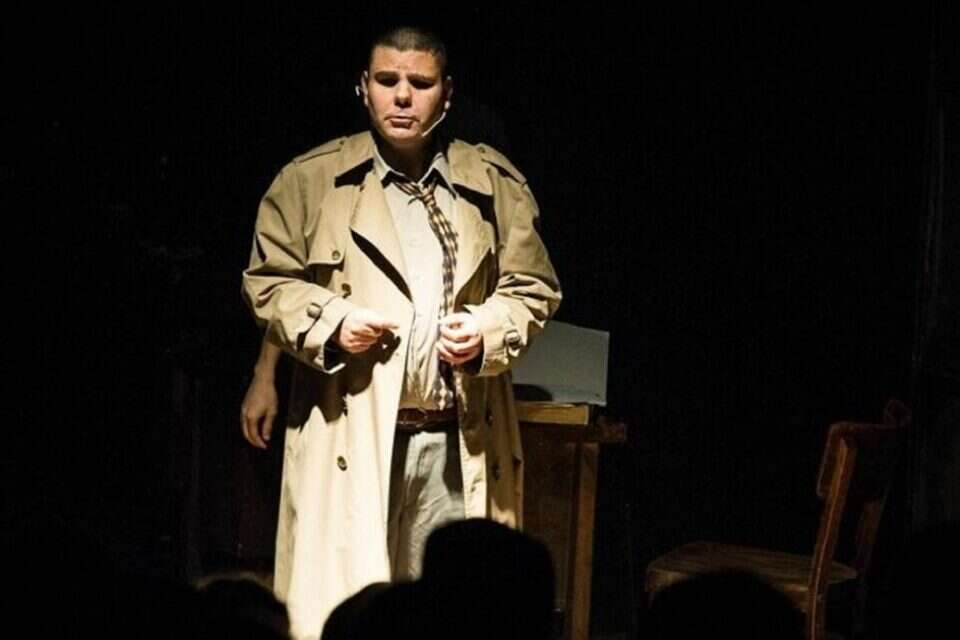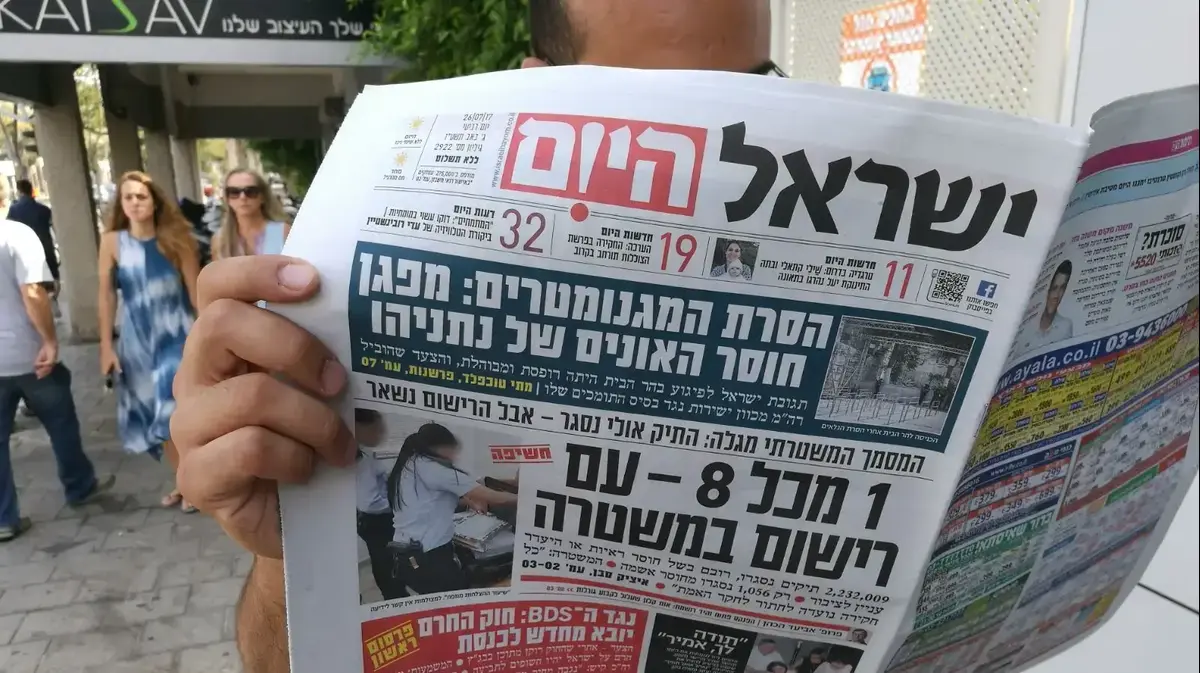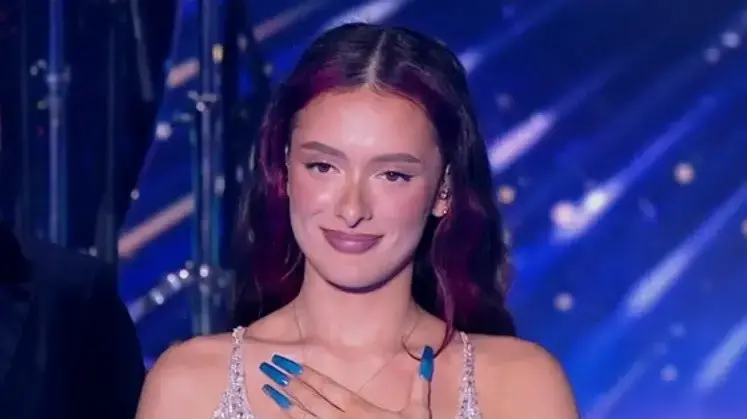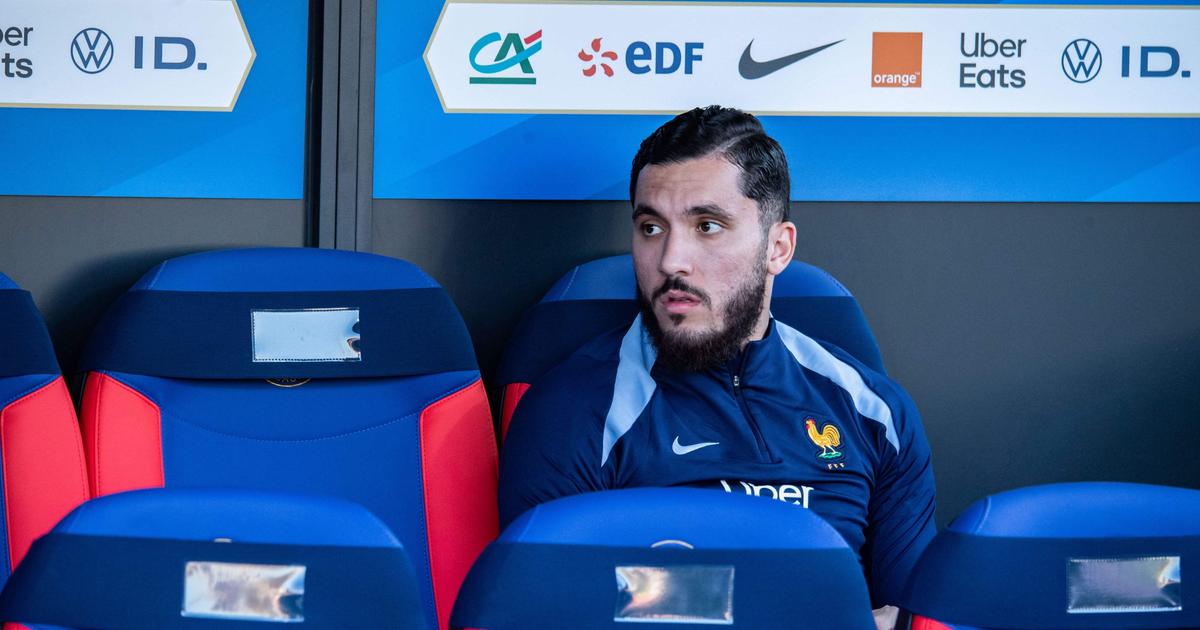As part of the Blind Day events marked today (Tuesday), a special event will be held at the Nalaga'at Center in Jaffa, as part of a variety of events held there during Blind Day week. The documentary film "Seeing the Sun in the Dark" tells the story of Itzik Hanona, an actor from the Nalaga'at Center, who was born blind and deaf as a child. The film was created by Yaron Ben Yaakov, a filmmaker who is gradually losing his eyesight.
At the center of the film is Hanona's dream, which communicates with the outside world using a special touch language, which is to meet Zvika Pick, whom he admired as a child even before he lost his hearing. But Pick passed away, and the dream did not come true.
"Zvika Pick was my favorite singer," Hanona shares. "There were many days when I was home alone, and his songs sweetened my loneliness. When I became deaf, one of the things that made me most sad was that I would never be able to hear him again. During the production of the film, Yaron conveyed my request to meet with Pick – who even agreed to the meeting at his performance – but then, unfortunately, he passed away unexpectedly."
Zvika Pick, Photo: Zohar Shitrit
Hanona, as mentioned, plays at the Nalaga'at Center, and although he does not see or hear, he says that "I have no particular problem playing. My interpreter marks each passage for me according to what needs to be performed, according to agreed signs that we have practiced orally in rehearsals over the years."
How does the glove language, through which you communicate, work?
"The language of the glove is so called because originally it refers to writing letters on the glove that is worn. But there is a more convenient way of working for this, when drawing the palm of the hand on paper, and the letters are on the knuckles: the thumb contains four letters from Aleph to Dalat, the forearm contains the letters E to T, the ring ring has the letters Yod to Noon, the finger from the letter Semach to SDI and the Zareth from Kof to Z, Including a question mark."
Where do you draw all the strength to overcome your limitations and act in the theater?
"The truth is, I don't know exactly either. One of my fundamental decisions, which I have adhered to since my deafness, was not to give up and insist on standing up for my rights. For example, at school I didn't give up and insisted on going on trips with everyone. In the theater, I discovered that when I go on stage, I see things much rosier than outside."
As part of the blind day events at Nalaga'at, the play "Not by Bread Alone" will be staged on Thursday, in which Hanona plays.
Wrong? We'll fix it! If you find a mistake in the article, please share with us












/cloudfront-eu-central-1.images.arcpublishing.com/prisa/S7ERVSCT4FUVX6R7TUVBDNTH5Y.jpg)


